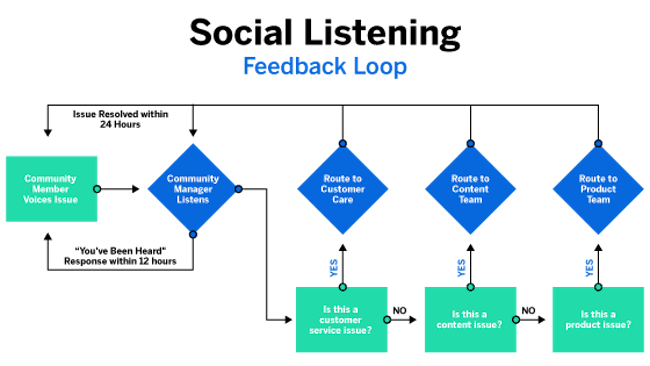
Culinary Entrepreneurship: Kickstart Your Food Business Success
Embarking on the Culinary Journey
Starting a food business is a thrilling venture, but it requires careful planning and execution. Whether you’re a seasoned chef or a passionate home cook, the path to culinary entrepreneurship demands a blend of creativity, business acumen, and a dash of determination.
Recipe for Success: Navigating the Initial Stages
Begin by developing a solid business plan. This blueprint should outline your unique selling proposition, target market, financial projections, and marketing strategy. A well-thought-out plan not only serves as a roadmap for your business but also attracts potential investors and partners.
Setting the Table: Defining Your Culinary Niche
Identify your niche in the culinary landscape. Are you specializing in a particular cuisine, offering unique fusion dishes, or focusing on dietary preferences like vegan or gluten-free? Defining your culinary niche sets the tone for your brand and helps you stand out in a competitive market.
From Home Kitchen to Commercial Space: Complying with Regulations
As you transition from home kitchen experiments to a commercial venture, familiarize yourself with local health and safety regulations. Acquire the necessary licenses and permits, ensuring that your business complies with food safety standards. This step is crucial for building trust with customers and avoiding legal hurdles.
Creating a Flavorful Brand Identity: Logo, Packaging, and Storytelling
Craft a memorable brand identity that reflects the essence of your culinary venture. Design a visually appealing logo, choose packaging that aligns with your brand, and weave a compelling story around your food. Customers connect not just with the taste but also with the narrative behind the dishes.
Ingredients for Marketing Success: Social Media and Beyond
In today’s digital age, a robust online presence is non-negotiable. Leverage social media platforms to showcase your culinary creations, engage with your audience, and build a loyal customer base. Additionally, consider traditional marketing avenues, such as collaborations with local influencers or participation in food events.
The Taste Test: Refining Your Menu and Gathering Feedback
Your menu is the heart of your business. Continuously refine and expand it based on customer feedback. Host tastings or soft launches to gather valuable insights. This iterative process not only improves the quality of your offerings but also creates a sense of anticipation among your audience.
Financial Savvy: Budgeting, Pricing, and Profitability
Manage your finances diligently. Create a realistic budget that covers startup costs, operational expenses, and contingencies. Price your dishes strategically, considering factors like ingredient costs, competition, and perceived value. Regularly review your financial performance to ensure sustained profitability.
Building a Stellar Team: The Kitchen Brigade Beyond the Stove
If your culinary business grows, assembling a skilled and passionate team becomes essential. Hire individuals who share your vision and work ethic. A cohesive team not only enhances productivity but also contributes to a positive work environment, ultimately reflecting in the quality of your offerings.
Customer Satisfaction as the Main Course: Service Excellence
Prioritize customer satisfaction as the main course of your culinary journey. Deliver exceptional service, respond promptly to customer inquiries, and address concerns with grace. Positive word-of-mouth can significantly contribute to the success of your food business.
Conclusion – Taste the Success of Culinary Entrepreneurship
Embarking on the path of culinary entrepreneurship is both challenging and rewarding. From defining your niche to building a brand that resonates, each step requires thoughtful consideration. Stay committed, adapt to changing tastes, and savor the journey as you kickstart your food business success. Read more about tips to start a food business





